Description
Iron-C provides a highly utilizable form of iron to support optimal muscle function. Iron-C helps transport oxygen and carbon dioxide throughout the body, which initiates muscle contractions.‡
- Highly bioavailable form of iron‡
- Helps to support muscle function‡
- Made with hypoallergenic, vegan ingredients
‡These statements have not been evaluated by the Food and Drug Administration. These products are not intended to diagnose, treat, cure, or prevent any disease.
Pure Encapsulations’ logo, text, graphics, and photo images are the property of Pure Encapsulations, Inc. and are used with permission. Copyright © 2017.
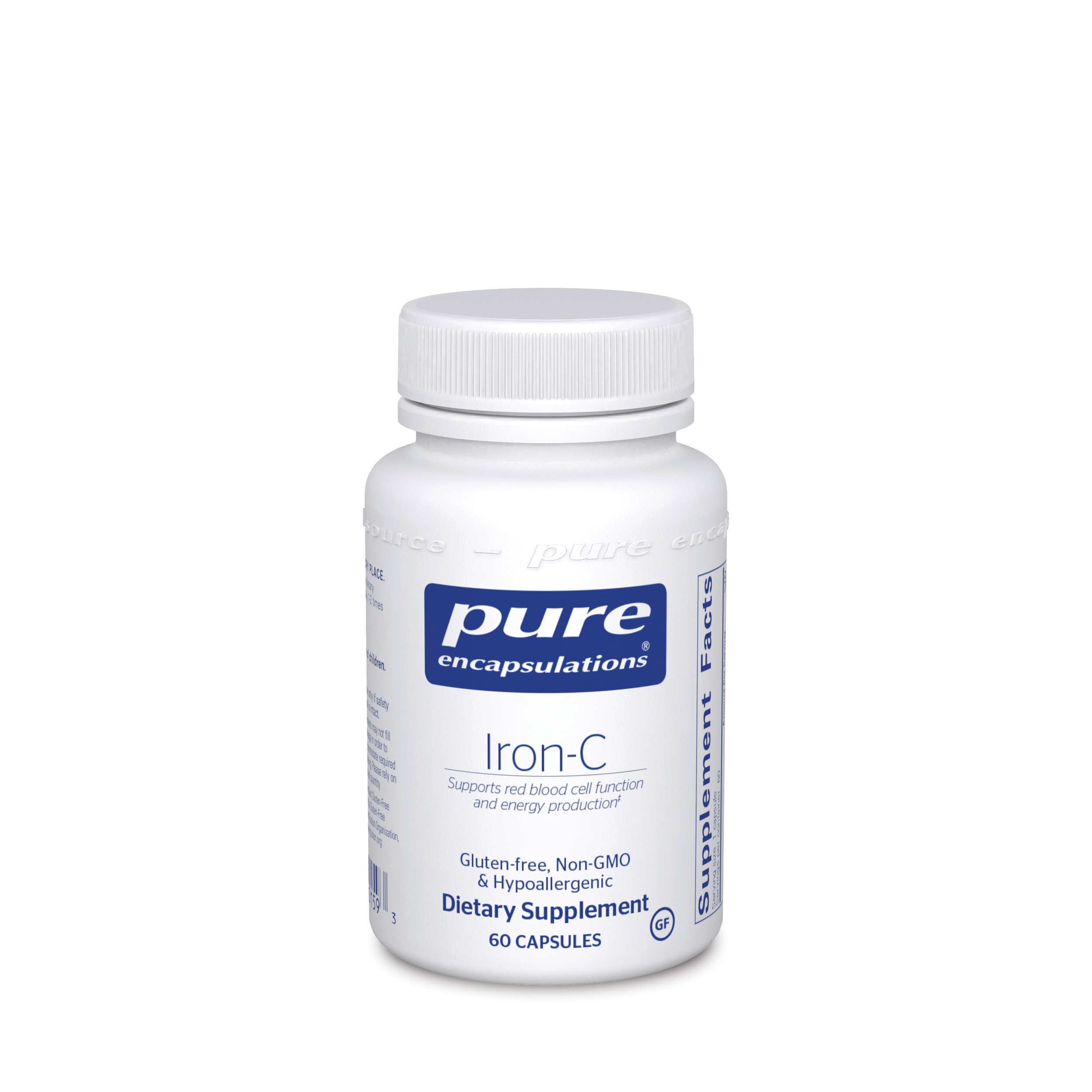
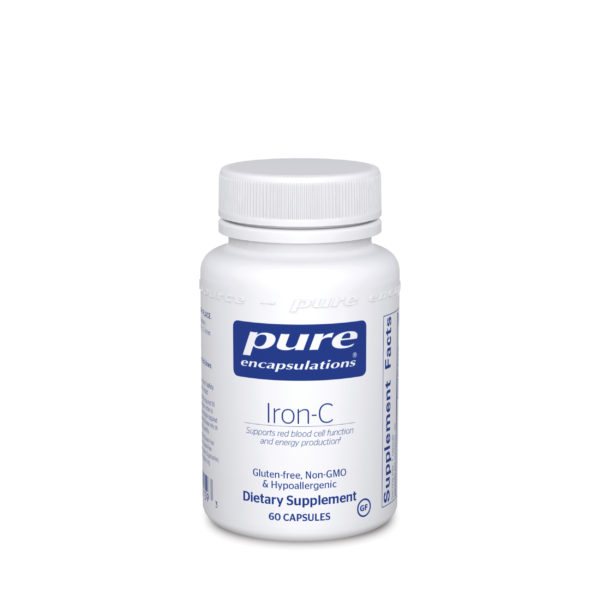
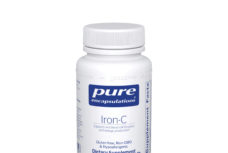
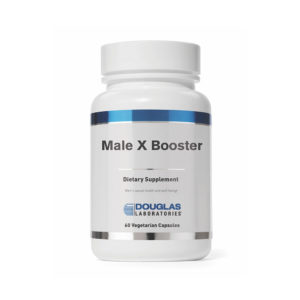
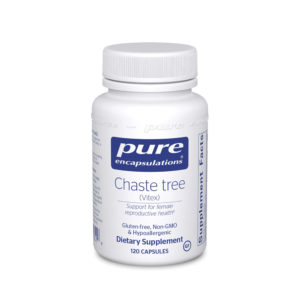
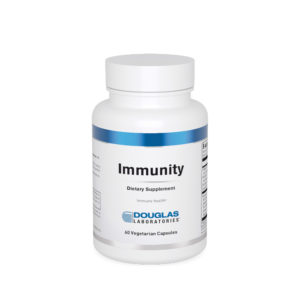
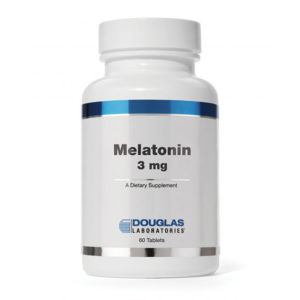

 Subscribe to Our Newsletter
Subscribe to Our Newsletter



Reviews
There are no reviews yet.